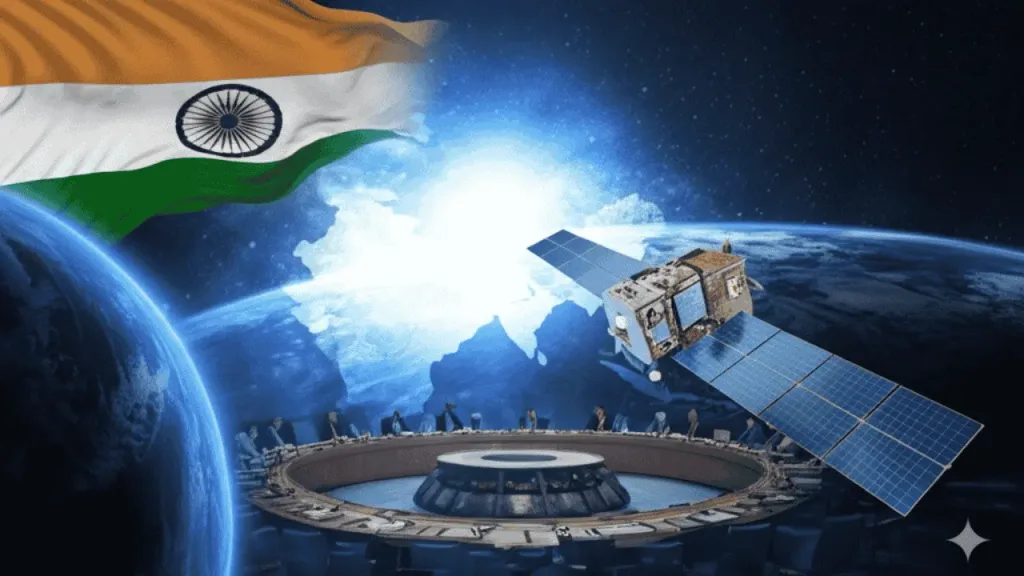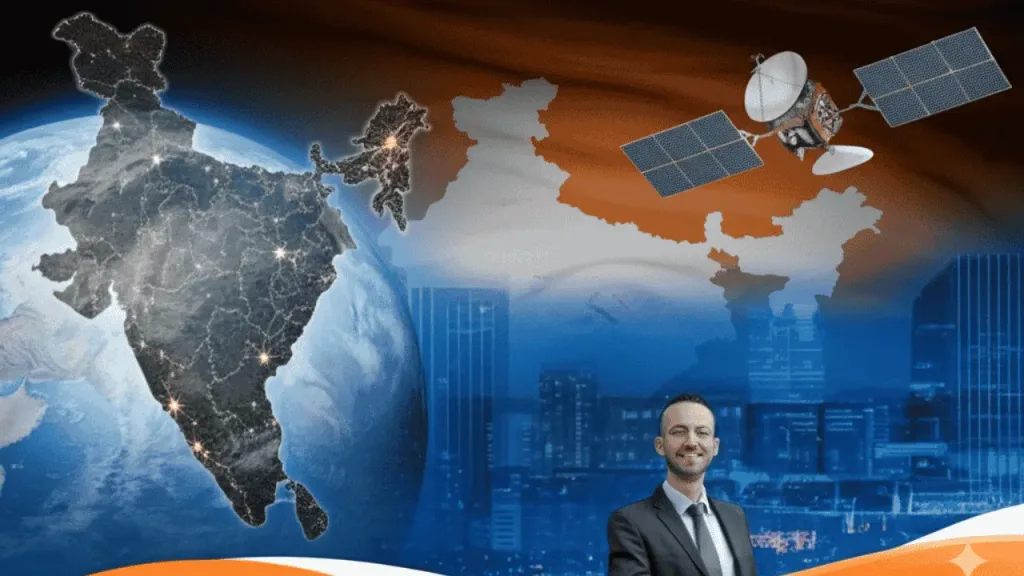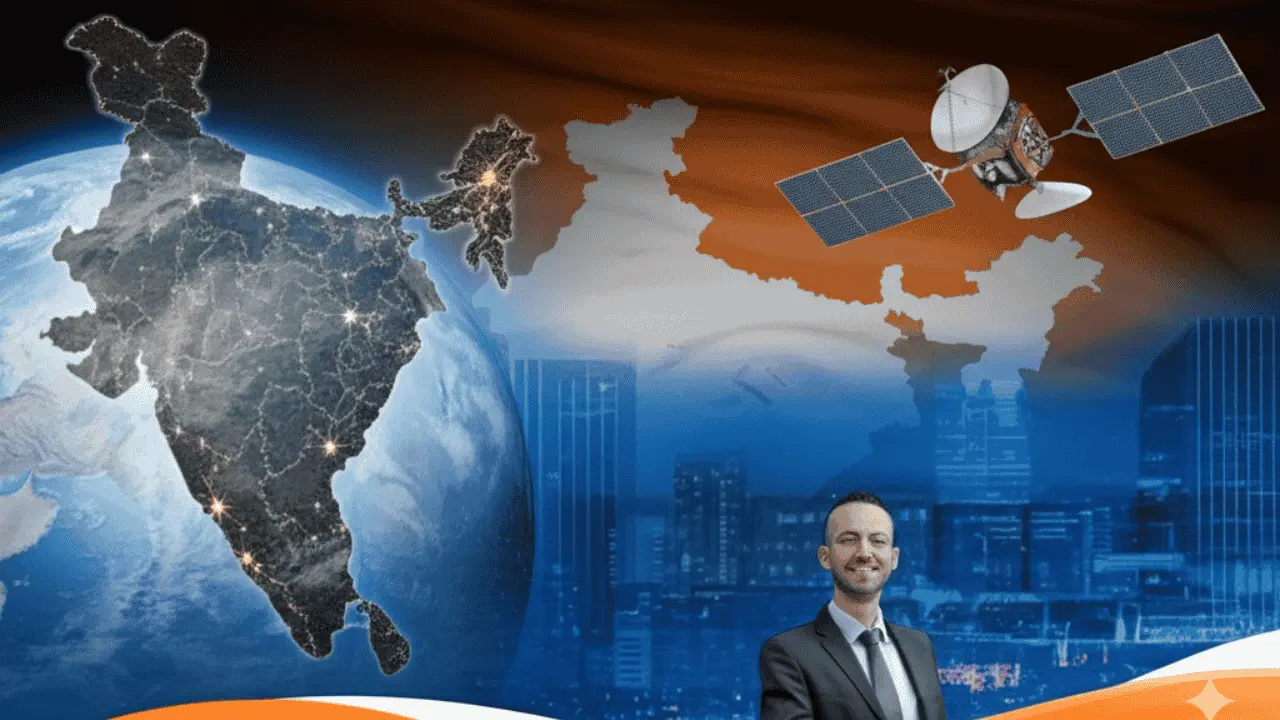In the wake of the devastating terrorist attack in Pahalgam, Jammu and Kashmir, which left the nation grappling with grief and concern, India has taken several significant steps to bolster its security apparatus, engage in diplomatic efforts, and advance technological capabilities to ensure national safety.
Greece Assures Support at the UN Security Council
One of the key diplomatic developments stems from Greece, which will assume the presidency of the United Nations Security Council (UNSC) for the month of May. As a non-permanent member of the UNSC, Greece has an important role in shaping the council’s agenda, and its support for India in the aftermath of the Pahalgam attack is noteworthy.
Greek Foreign Minister George Gerapetritis held a crucial phone call with India’s External Affairs Minister S. Jaishankar, where the two leaders discussed the recent attack and India’s security concerns. Greece expressed its unwavering commitment to support India on all fronts, particularly in relation to border security and combating terrorism.
This gesture carries additional significance due to the long-standing tensions between Greece and Turkey. The two countries have been historical adversaries, and Turkey’s involvement with Pakistan—especially in military dealings—adds another layer to the importance of Greece’s alignment with India. With both countries facing geopolitical challenges, this cooperation could strengthen India’s strategic positioning on the global stage.

BBC’s Misstep on Pahalgam Attack Triggers Diplomatic Backlash
Meanwhile, the Indian government has called out the BBC for what it sees as a misleading portrayal of the Pahalgam attack. The BBC referred to the assault as a “militant attack,” a term that, according to Indian officials, diminishes the gravity of the incident, which involved deliberate targeting of civilians.
India’s Ministry of External Affairs, led by Dr. S. Jaishankar, has formally requested the BBC to correct its coverage, emphasizing the distinction between “militant” and “terrorist.” While both terms describe violent actors, there is a clear difference: militants typically engage in conflict with military or security forces, often with political or ideological motives, whereas terrorists deliberately target civilians to instill fear and advance a cause.
In the case of Pahalgam, the attackers singled out civilians, specifically targeting members of the Hindu community. This, India argues, categorically qualifies as terrorism. The Foreign Ministry has warned that further erroneous reporting will be closely monitored.
Strengthening Satellite Surveillance for National Security
A key focus of India’s security strategy post-Kargil has been the enhancement of satellite surveillance and aerial monitoring capabilities. During the 1999 Kargil conflict, India was significantly handicapped by the lack of space-based intelligence, which made it difficult to track Pakistani military movements.
However, India has made substantial progress since then. Currently, India’s satellite fleet comprises 55 satellites dedicated to border and coastal surveillance. Israeli authorities have confirmed that in the next three years, India will expand this network by an additional 100 to 150 satellites, providing advanced capabilities to detect intrusions across difficult terrains, including through thermal, radar, and night-vision imaging.
These improvements will further empower the Indian Army, Navy, and Air Force to address security threats more effectively, ensuring that India remains ahead of the curve in terms of border defense and anti-terrorism operations.
Jammu and Kashmir Security Measures
On the ground in Jammu and Kashmir, the government has taken decisive action to protect both locals and tourists in the region following the Pahalgam attack. The attack has instilled fear among many, particularly non-locals, and the government has decided to close 48 of the 87 major tourist spots in Kashmir for the time being.
The decision comes after an extensive security review, which highlighted the risk of targeted killings and potential terrorist attacks on civilian spots. While Kashmir remains a popular tourist destination, especially after the revocation of Article 370 in 2019, authorities have prioritized the safety of visitors in these volatile times. The Ministry of Tourism has advised travelers to remain cautious and visit only those areas with substantial security presence.

Conclusion
India is navigating a complex geopolitical landscape, where diplomatic engagements, military preparedness, and technological advancements are all integral to securing its future. From its strengthened relationship with Greece to the increased vigilance over international reporting, India’s proactive stance is evident in every dimension of its response to the recent Pahalgam attack.
As the country continues to confront external and internal security challenges, India’s commitment to safeguarding its borders, citizens, and sovereignty remains steadfast. With technological enhancements, strategic alliances, and heightened security measures, the nation is not only responding to current threats but also preparing for future ones. In a rapidly shifting global environment, India’s resilience and adaptability are central to its continued progress and stability.
